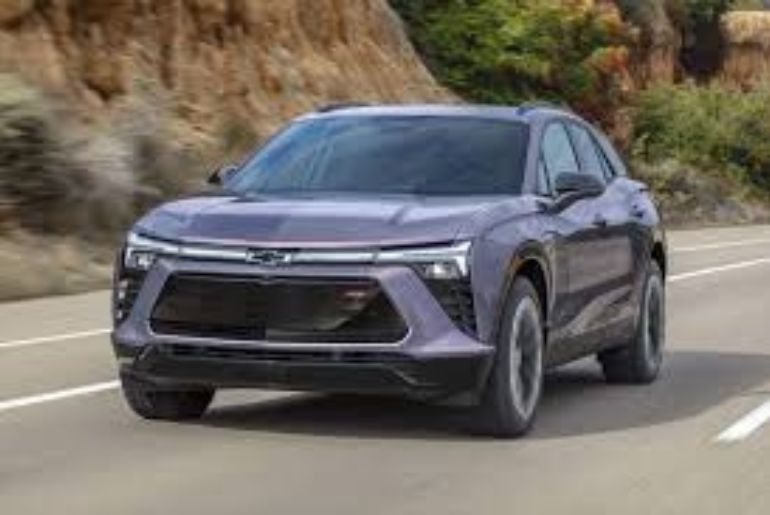General Motors (GM) has announced the termination of its next-generation hydrogen fuel cell development program under the HYDROTEC brand, signaling a strategic shift to concentrate on battery-electric vehicles (EVs) with stronger commercial viability.
The decision comes after GM evaluated the long-term prospects of hydrogen-powered mobility and concluded that high costs, limited refueling infrastructure, and slow consumer adoption hinder large-scale feasibility. Currently, the U.S. hosts only 61 hydrogen refueling stations, compared with over 250,000 electric vehicle charging points, highlighting the challenges for widespread hydrogen adoption.
While GM will discontinue hydrogen R&D for automotive applications, it will continue producing hydrogen fuel cells for industrial uses, including data centers and power generation, through its Fuel Cell System Manufacturing LLC, a joint venture with Honda.
In a statement, GM emphasized its focus on technologies that offer clear pathways to scale and customer value, reaffirming its commitment to battery innovation, EV production, and charging infrastructure as central pillars of its future mobility strategy. This move aligns with the automaker’s broader EV expansion plan, particularly advancing the Ultium battery platform that powers the next generation of Chevrolet, Buick, GMC, and Cadillac electric models.
The company cited that despite hydrogen’s potential in heavy industries, mining, and backup power, commercial viability for passenger vehicles remains limited. By narrowing its technological focus, GM aims to strengthen its position in the rapidly growing electric vehicle market, prioritizing solutions with immediate impact on sustainability, affordability, and consumer adoption.
Industry analysts view GM’s decision as part of a larger trend in the automotive sector, where companies are increasingly prioritizing EV technology over hydrogen fuel cells due to better infrastructure support, lower costs, and faster consumer acceptance.

